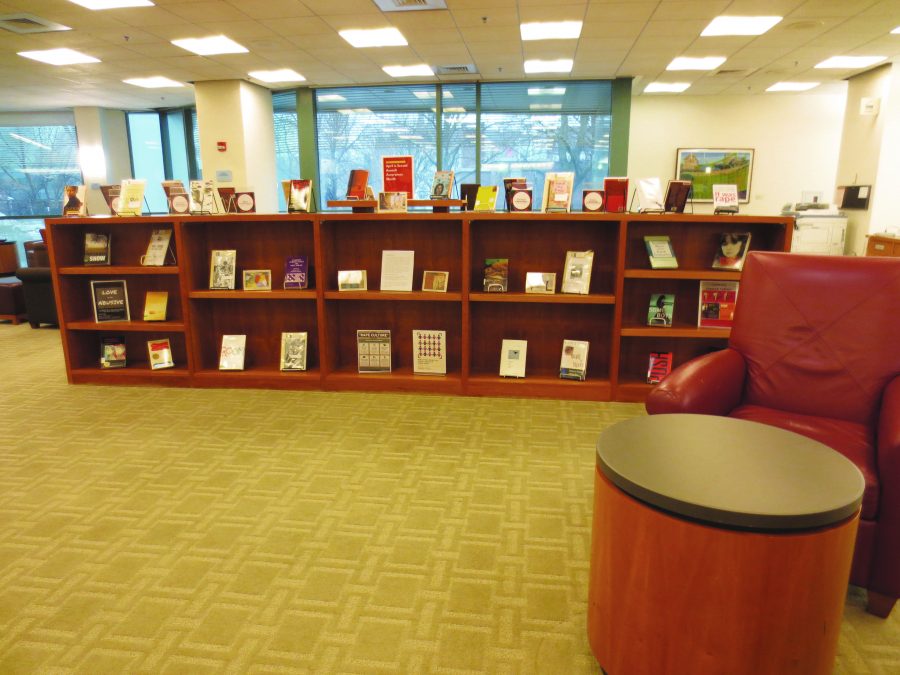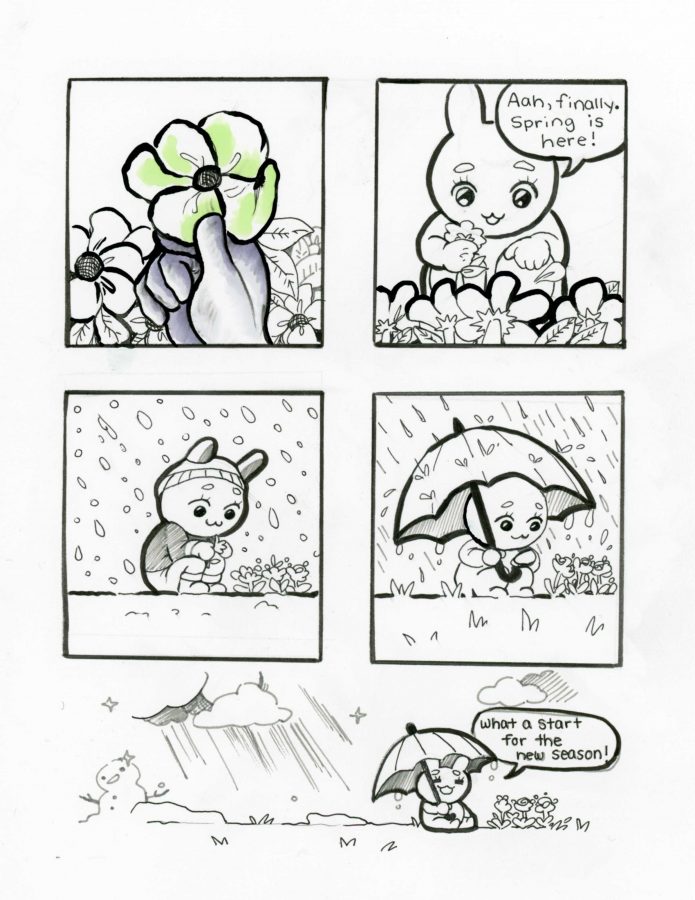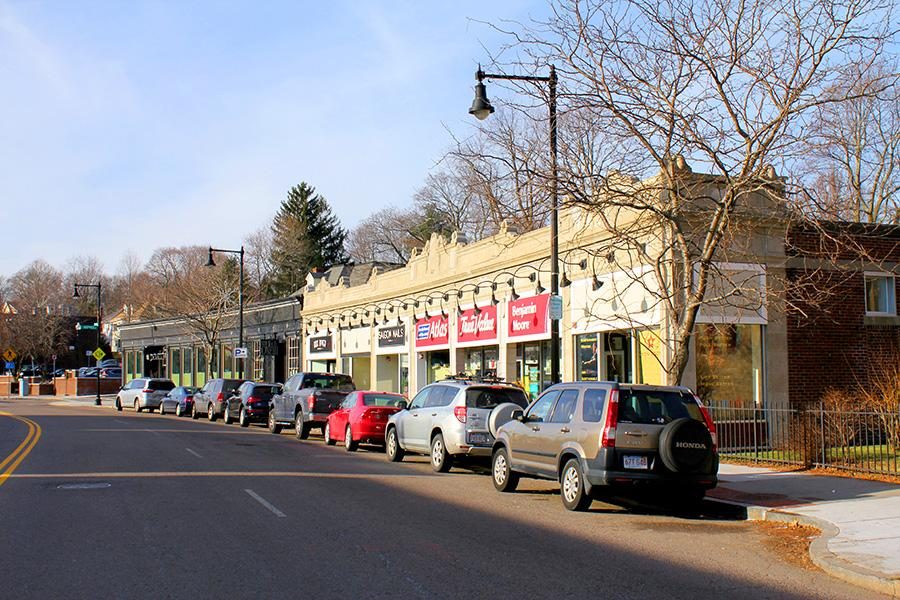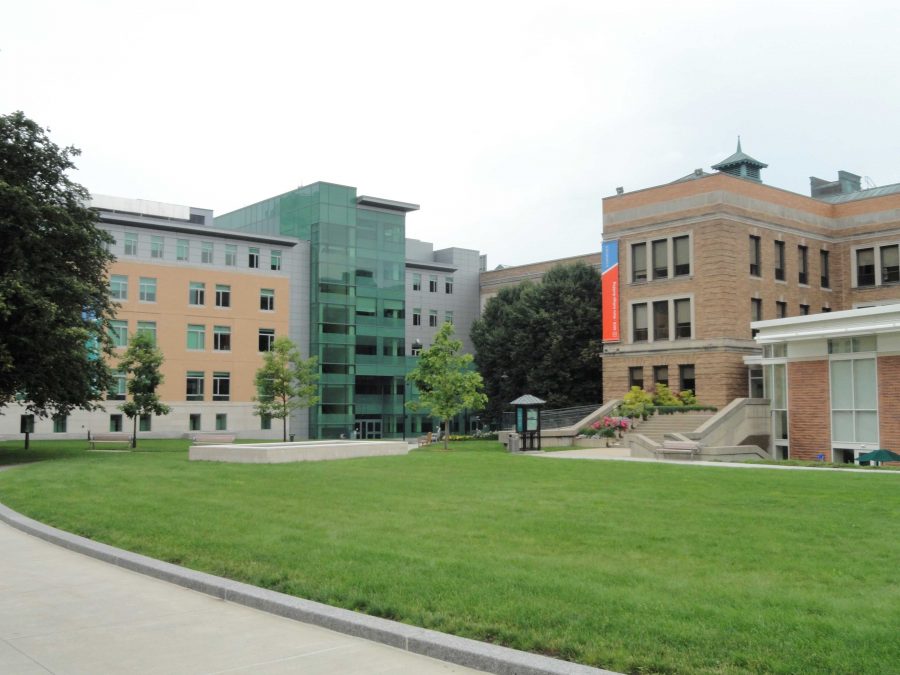By Madeleine Longwell
Staff Writer
President Obama wrapped up his trip to Cuba on Tuesday attending a baseball game between the Cuban National Team and the Tampa Bay Rays. He is the first U.S. President to visit the country in nearly 90 years.
On Monday, President Obama and Cuban President Raul Castro participated in an historic news conference. In the past few years, the Obama Administration has made great improvements on U.S.-Cuba relations, lifting some travel and trade bans and encouraging an open dialogue between the nations. However, during the conference on Monday it was clear there is still a long way to go.
“We continue, as President Castro indicated, to have some very serious differences, including on democracy and human rights,” said President Obama.
One of the largest points of conflict that remains is the trade embargo put in place by President Kennedy in 1962. “There are profound differences between our countries that will not go away,” said President Castro on Monday, noting the trade embargo was “the most important obstacle.”
Following speeches from both presidents, journalists had the opportunity to ask questions—something very rare for Cubans, whose media is tightly controlled by the government.
When American journalist Jim Acosta asked President Castro about his country’s history of political prisoners, Castro responded fiercely saying, “After this meeting is over you can give me a list of political prisoners, and if we have those political prisoners they will be released before tonight ends.”
The comments and questioning of both presidents were broadcast on Cuban television, which is generally heavily regulated by the government. For many, this was a surprising and unique opportunity.
“It is very significant to hear this from our president, for him to recognize that not all human rights are respected in Cuba,” Raul Rios, a 47-year-old driver, told the Associated Press.
While many were impressed with this development in U.S.-Cuban relations and also for Cuba on its own, many more set higher hopes for the future. “I think his answers left a lot to be desired,” said Alexander Galvez, a 43-year-old artist. “I would have liked for him to let them ask more questions and to be open to all kinds of questions.”












